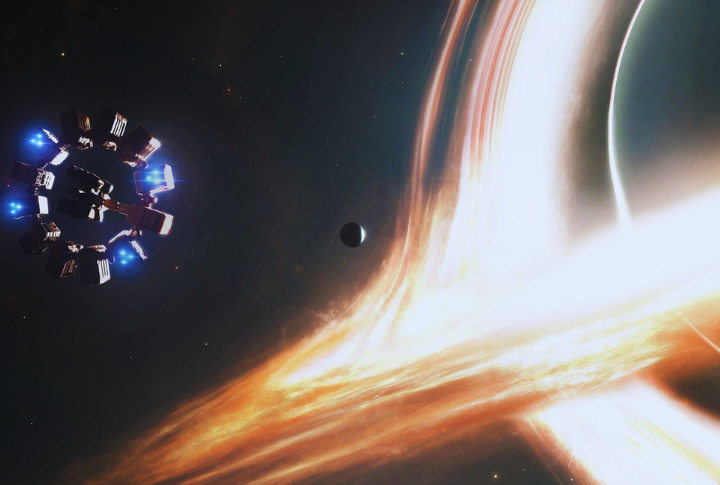
Imagine a planet orbiting peacefully, minding its own cosmic business, when suddenly—bam!—a black hole appears in its path. Sounds like something straight out of a sci-fi movie, right? But what if this mind-bending scenario could actually be a sign of something even wilder—an advanced civilization? That’s right, the existence of a black hole in a planet’s orbit might be the ultimate cosmic clue that we’re not alone in the universe.
Could a Black Hole in Orbit Signal an Advanced Civilization?

A planet cruising along in its orbit when a black hole suddenly appears in its path is weird, right? But instead of spelling cosmic doom, it could actually be the ultimate clue that an advanced civilization is out there. According to Avi Loeb, a well-known astrophysicist, these black holes might be created intentionally as power sources.
The Penrose Process and Its Implications

One theory behind using a black hole as an energy source is the Penrose Process, which suggests extracting energy from a rotating black hole. In this process, particles could be flung into the black hole, and in return, energy could be harvested. It’s not just science fiction anymore—this might be what a higher society could use to drive their technologies.
Advanced Civilization Usage
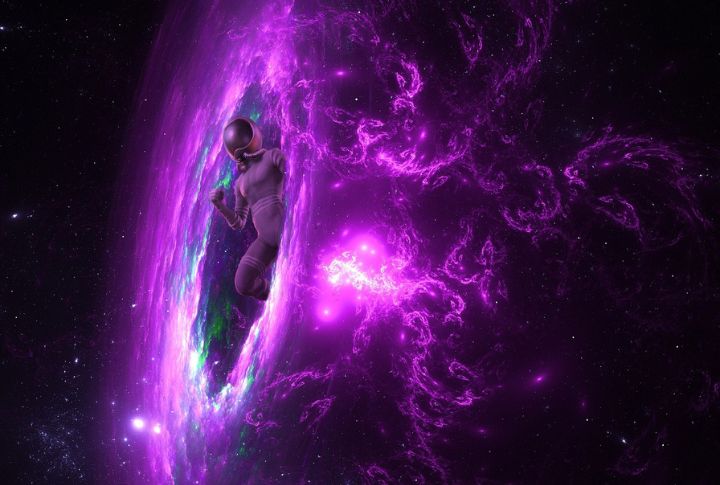
The sheer amount of energy stored in black holes is mind-boggling, and any civilization capable of harnessing that power would be light years ahead of us—literally. We’re talking about the ability to fuel entire planets or starships. The idea isn’t just theoretical anymore; scientists like Avi Loeb believe it’s a real possibility.
Transcension Hypothesis

This ties into the Transcension Hypothesis, a theory suggesting that prime civilizations don’t colonize the stars but instead focus inward. Rather than sprawling across the galaxy, these societies may be hiding in plain sight, using black holes to go undetected while generating massive amounts of energy.
Avi Loeb’s Proposal
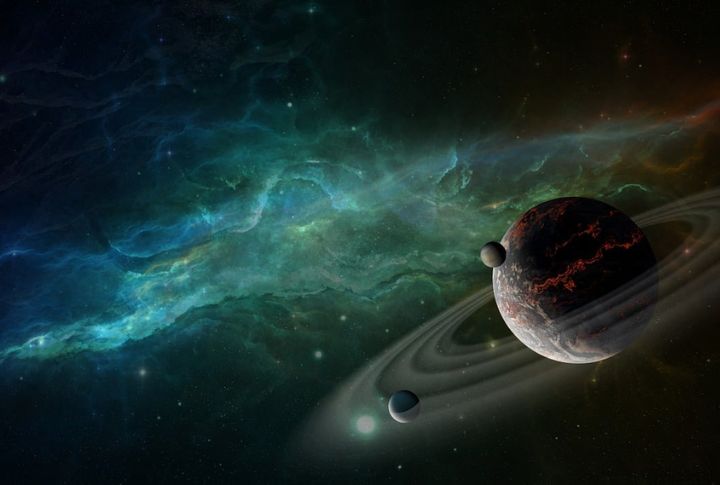
Loeb suggests that some black holes might not be natural, especially those appearing in places like a planet’s orbit. They could be created by intelligent life forms as part of an incredibly efficient energy system. His proposal has sparked discussions about how we might detect these “artificial” black holes and what it could mean for our understanding of advanced civilizations.
Loeb’s Credentials

Avi Loeb, an Israeli-American expert in theoretical physics, specializes in astrophysics and cosmology. He is the Frank B. Baird Jr. Professor of Science at Harvard University. His reputation lends weight to these ideas, and when someone like him talks about the potential for black holes to be used as engines by developed societies, people listen.
Hawking Radiation as a Clue
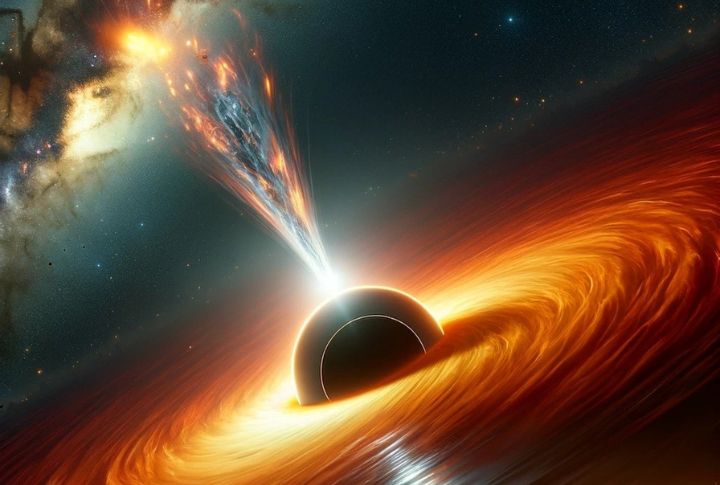
One of the key aspects of a black hole is Hawking Radiation—the radiation that’s theorized to escape from a black hole over time. For a prime civilization, controlling this radiation could be vital to harnessing the black hole’s energy. If we ever detect an anomaly in this radiation, it could be a technosignature—a hint that something out there is using black holes.
Two Methods of Energy Extraction
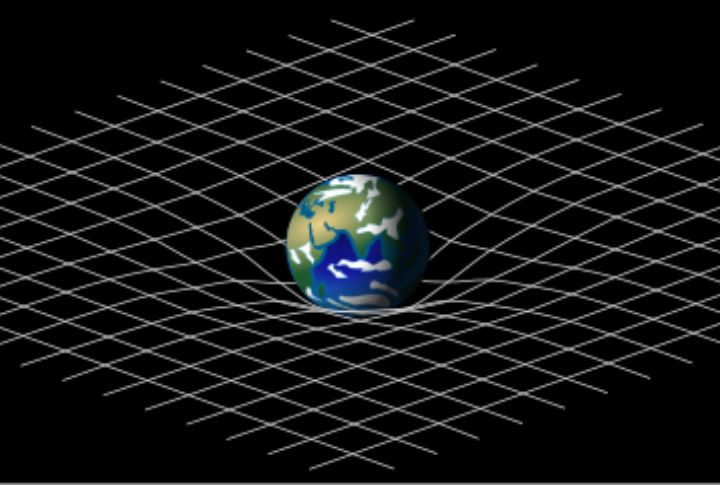
When extracting energy from a black hole, the Penrose Process and Hawking Radiation come into play. The Penrose Process could provide nearly infinite energy, while Hawking Radiation is more about long-term, steady power generation. A leading society could potentially use both methods, depending on their energy needs and technological capabilities.
Loeb’s Black Hole Engine
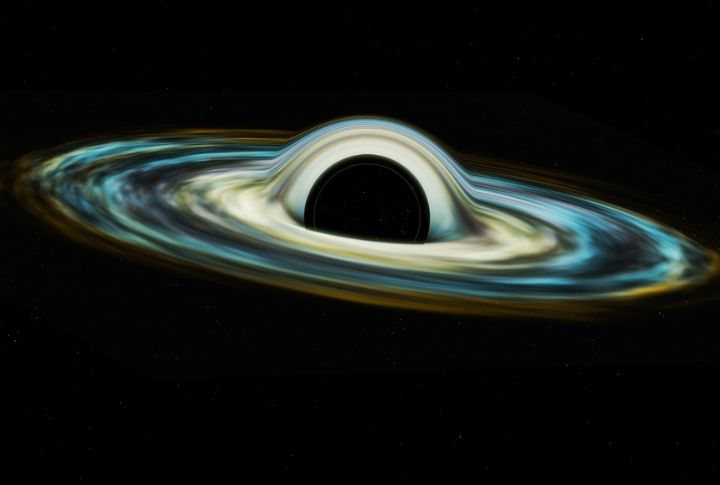
Loeb also theorizes the possibility of a black hole engine, a machine designed to create and control black holes for energy production. Imagine a giant machine feeding matter into a black hole and extracting energy from it—a sort of cosmic engine. This concept is theoretically possible and could be far more efficient than anything we currently use to generate fuel.
Efficiency of the Black Hole Engine
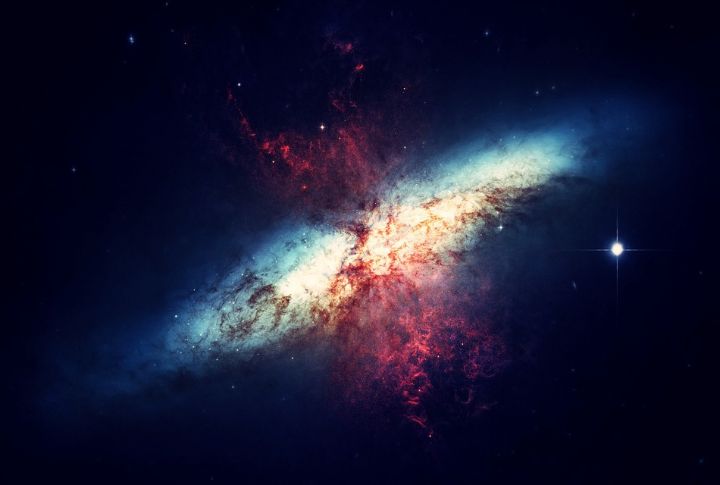
One of the most incredible things about Loeb’s black hole engine is its efficiency. Black holes have the potential to generate an enormous amount of energy from even the smallest input, far outstripping the energy output of our best nuclear reactors. If a civilization could master this technology, they would have nearly limitless power at their fingertips.
Antimatter Limitations

Why black holes and not antimatter? While antimatter has been considered the gold standard for energy production, it has serious limitations. Creating and storing antimatter is incredibly difficult and dangerous. Black holes, on the other hand, offer a much more stable and long-term energy solution that could be used over and over for centuries. Perhaps forever!
Power Output Beyond Imagination
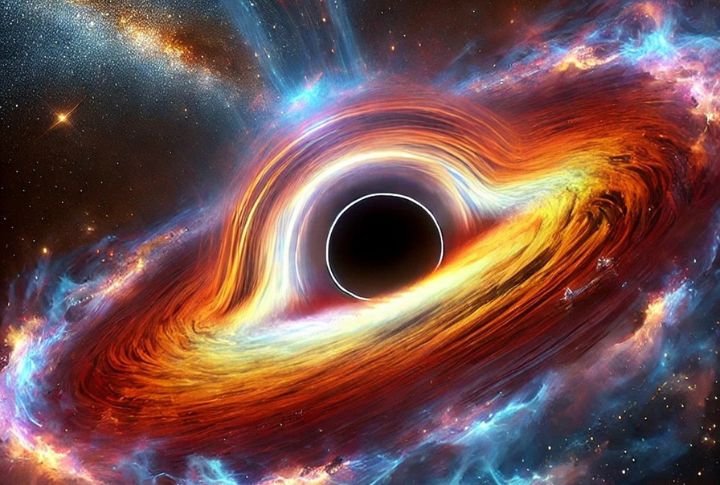
We’re talking about energy levels that could sustain entire planets, interstellar travel, or even galaxy-wide networks of technology. It’s like comparing a matchstick to the sun. This level of energy would be beyond anything we can currently generate or even comprehend fully, making it the ultimate energy source for this and any other civilization out there.
Garbage as Fuel?

Here’s where it gets even crazier: one theory suggests that a superior society could use waste—yes, garbage—as fuel for their black hole engine. Think about throwing your trash into a black hole and getting massive amounts of energy in return. It sounds unreal, but it’s theoretically possible, and it could help Earth get rid of all the trash lying in heaps across the world.
Detectable Technosignature
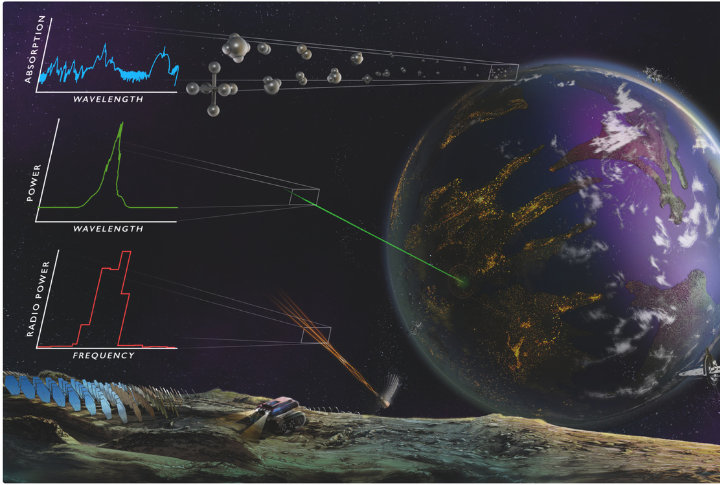
Now, how would we know if a black hole is artificially created? Well, the key might be in detecting a technosignature—a clue that something intelligent is at work. Unusual energy patterns or specific types of radiation that don’t match what we expect from natural black holes could be the giveaway that indicate one exists.
Comparison to Dyson Spheres
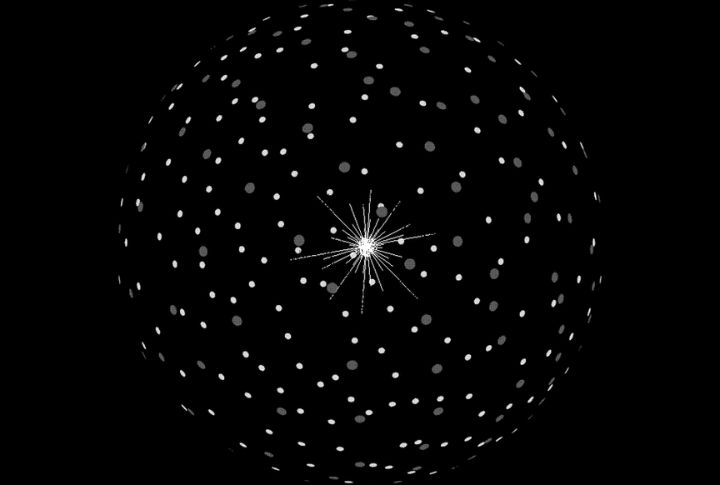
While Dyson Spheres have been a popular concept for how advanced civilizations might generate power, black holes could offer an even more efficient alternative. As Freeman Dyson once said, “The universe isn’t just beyond our imagination; it’s more bizarre than we could ever conceive”—black hole engines just might be the strangest idea yet.

